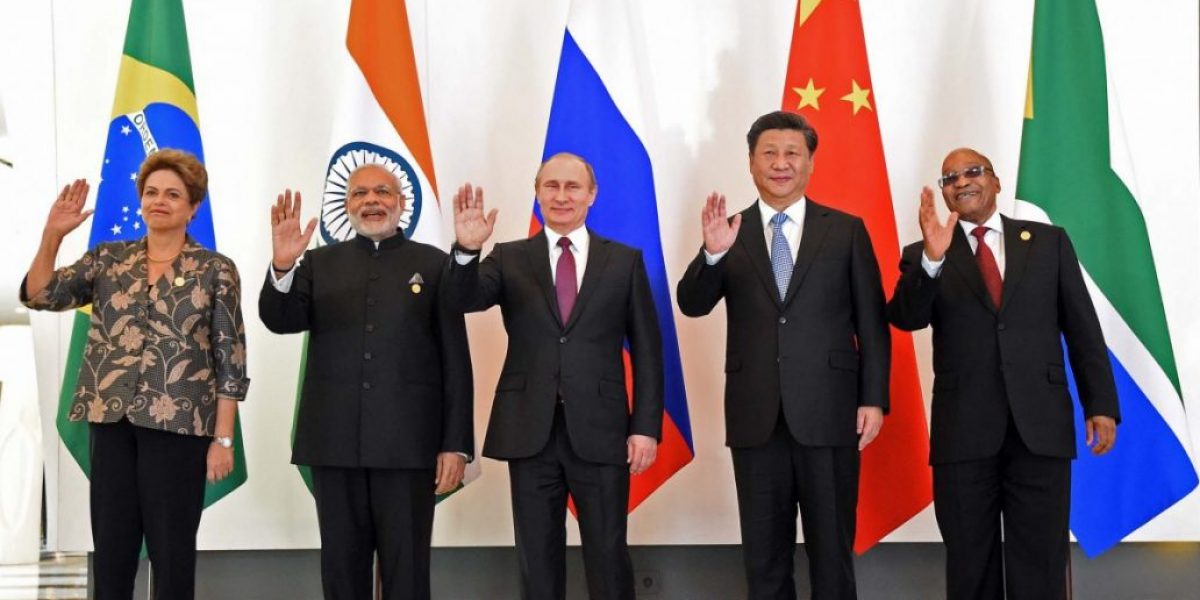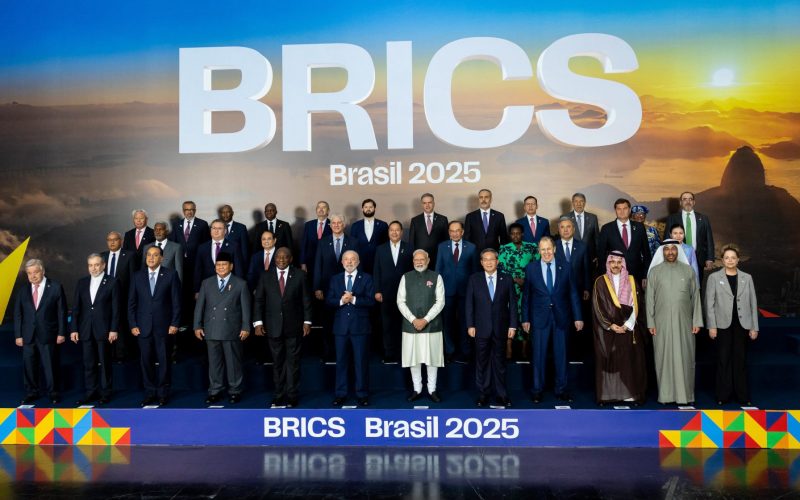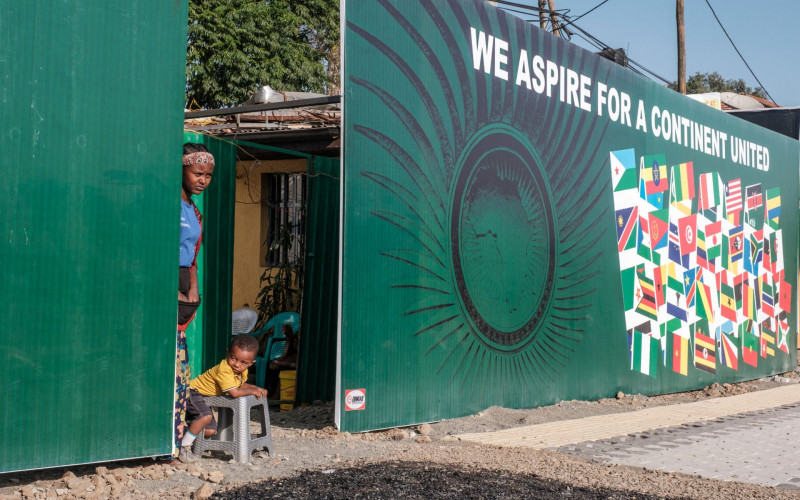However, the concept of South–South co-operation has evolved from being concerned with geopolitics and opposing imperialism, global racism and colonialism, to an emphasis on geo-economics and political economy. Consequently, the focus has been on achieving sustainable development and growth for the South collectively, against the backdrop of rapid globalisation.
The emergence of China, India and Brazil, as economically and politically influential developing countries, is beginning to reconfigure and reshape the terms of South–South co-operation yet again. These countries are driven by an ambition for global economic dominance and political leadership.
This development raises an important question: what are the benefits and prospects for the entire South? Will these countries take up the challenge and begin to assert South–South solidarity for the benefit of all, or are they using the notion of South–South for their own advantage? No doubt, the BRIC (Brazil–Russia–India–China) and IBSA (India–Brazil–South Africa) countries need to continue working together to improve and assert their dominance. This must not come at the expense of the principles of South–South co-operation, which are meant to protect and to advance the development of the weaker states.
It is therefore imperative for countries of the South, and particularly Africa as the most vulnerable continent, to be circumspect and not take these new South–South alliances at face value. Analysts would also do well to probe and offer a critical appraisal of this new notion of South–South co-operation. This policy brief aims to make a contribution towards the debate.








